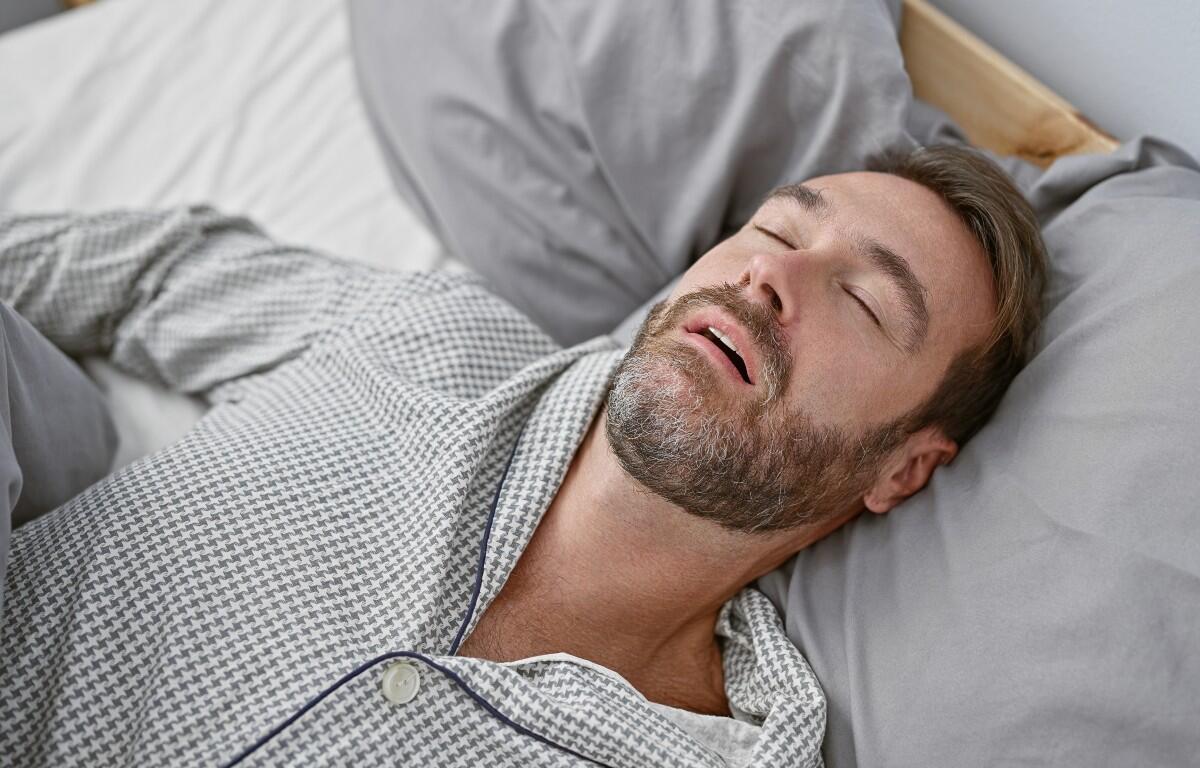Sleep disorders cause all sorts of problems, and they are more common than most people realize. Dr. Jennifer J. Cornell, DDS, at Dental Sleep and TMJ Solutions of Clarksville, has answers to some of the questions that come up about the conditions preventing you from getting a good night’s sleep.
Question: I snore and it is causing issues at home. I have seen ads online for the mouthpieces I can mail order. Can’t I just do that?
Answer: Totally hear you — snoring that messes with the peace at home is no joke. Yes, those mail-order dental devices can work for some people, especially if your snoring is related to mild obstructive sleep apnea or just primary snoring (snoring without apnea). But there are a few things to keep in mind:
If you have never had a sleep study, how do you know it is only benign snoring? If you treat it with a “do it yourself” mouthpiece, how will you know you are fully treating your sleep apnea? Do you understand the long-term effects on your body from untreated sleep apnea?
If you have diagnosed sleep apnea, especially obstructive sleep apnea (OSA), it’s best not to jump straight into a mail-order mouthpiece without getting some professional guidance. Here’s why:
- Dental devices work best with mild to moderate apnea and primary snoring. But in the presence of other underlying medical conditions, it super important to assure it is in the correct position, and that is best determined with a follow-up sleep study after the device has been titrated by a boarded dentist.
- If you have underlying TMJ issues and the device is not fitted correctly, it can make those issues worse and in some cases create TMJ issues.
- If you have dental issues such as untreated periodontal disease, an improperly fitted dental device can cause issues.
- Mouthpieces can help, but not all are created equal.
There are two main types of mouthpieces for sleep apnea:
- Mandibular Advancement Devices (MADs) – These move your lower jaw forward to keep your airway open.
- Tongue Retaining Devices (TRDs) – These hold your tongue in place to prevent airway blockage.
Mail-order devices tend to be one-size-fits-most, and they can sometimes work, but:
- They may not fit well (leading to jaw pain, tooth movement or gum irritation).
- They may be less effective than custom-fitted ones.
- They won’t be tailored to the severity of your apnea.
The best option
See a sleep specialist – either a board-certified sleep physician or a boarded dental sleep medicine dentist. They can:
- Work together to assure you have an accurate diagnosis.
- Evaluate your airway and anatomy.
- Fit you with a custom-made appliance.
- Make sure it’s working with follow-up sleep studies.
These devices are more expensive up front but way more effective and safer long-term. For more information, visit the Dental Sleep and TMJ Solutions of Clarksville website or call 931-645-8000.


